Today we welcome Brandi Forbes as a guest author. With a family history of breast cancer, even as a young teen she was fully aware of what could happen to her. Here’s her story and her encouragement for other young women who are walking in her shoes. Thanks, Brandi!
Cancer has been an unwelcome member of my family for as long as I can remember. I watched, powerless, as my family endured loss after loss – of life, hair, confidence, happiness. Everyone knows someone with cancer, but I was assaulted by it every day. From a young age, I accepted cancer as my own familial destiny. I was sure that it was only a matter of time before I heard those three terrifying words – ‘you have cancer’.
Mom Tested in 2001
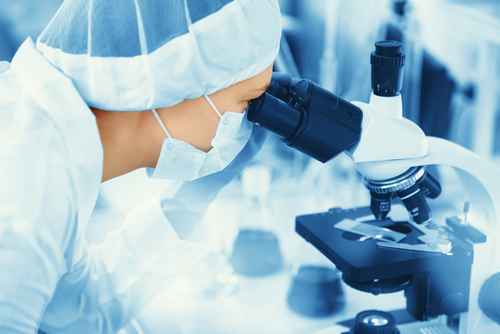
As both my mom and aunt had been diagnosed with breast cancer in their 30s, our family was already considered to be high risk and genetic counselors thought there may be more to our family history. In 2001, my family was approached about genetic testing. My mom had been the youngest diagnosed, at 32, and was the first person tested. Her results came back and a BRCA2 mutation was found. I assumed that I, too, would be positive, but, being 15, I was not allowed to have the testing done and was left wondering for another 3 years.
My Test in 2005, at Age 18
Finally 18 in 2005, I visited the genetic counselor’s office and completed my testing. After years of questioning, I learned that I, like my mom, carried a BRCA2 mutation. My assumption that I had been positive was right and I had to figure out what this result meant for me. For many, news of a genetic mutation can be devastating, but, for me, it gave a reason for everything that had happened to my family. On top of that, it gave me options. Growing up, I thought that cancer was inevitable and that I was just a powerless bystander waiting for it to catch up to me. After testing, I learned that I could be proactive in a number of ways.
Young women, like me, are told to begin surveillance 10 years prior to the age that their family member was diagnosed. For me, that meant starting breast surveillance at the age of 22. With the help of my genetic counselor, I found a breast surgeon and she ordered my first mammogram, ultrasound and MRI. I would have several more of these tests over the next year, until I decided that the constant surveillance and anxiety were too much for me.
My Decision

Throughout that year of testing, cancer was always on my mind and I could not escape my own fears. I realized that the best option for me was to start looking into risk-reducing surgery. My internet searches led me to FORCE: Facing Our Risk of Cancer Empowered, where I learned about different types of surgeries and reconstruction. In June of 2009, I had the opportunity to attend the Joining FORCEs Against Hereditary Cancer Conference in Orlando. The knowledge that I came back with was overwhelming and I felt more equipped for the decisions that were coming up than I could have thought possible. I interviewed different breast and plastic surgeons and finally selected the team that I felt most comfortable with. After months of preparation, I had a bilateral risk-reducing mastectomy in November of 2009. I was 23 years old at the time of my surgery.
The risks associated with a BRCA mutation don’t stop at breast cancer, though. Because of this, I receive surveillance testing multiple times a year in the form of ultrasounds, CA125 blood tests and physical exams to check for ovarian and related cancers. There are plans to have my ovaries removed within the next 10 years to further reduce my risks.
With a Family History of Breast Cancer, You Must Educate Yourself and Follow Your Heart
Finding out that I carried a mutation so young, I had to make decisions that most people my age did not. When you’re young, everyone believes they know better than you – even about your own body. A large part of my journey had been about finding my voice and learning how to be my own advocate. Not everyone is going to understand or appreciate your choices, they may question you and they’ll likely tell you what they think you should do. You must educate yourself to make the decisions that fit your needs, your lifestyle and your well-being. It is up to you to know, in your heart, what is right for you.
Not everyone in my family knew about our genetic risk and, because they didn’t have the knowledge that I do, they suffered. I feel grateful that I can take steps to reduce my risk and, hopefully, live a long, happy life. After years of feeling like a victim of cancer’s curse, I now feel like I have a chance in the fight. There is a sense of empowerment that comes with knowing that you are not sidelined anymore. I cannot change the damage that cancer has caused on my family, but I can take hold of the reigns and limit the power it has now.
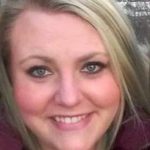 Brandi Forbes is a 30-year old BRCA2 Previvor and advocate from Cincinnati, Ohio. After learning of her own genetic mutation, she became a volunteer with FORCE: Facing Our Risk of Cancer Empowered and now focuses on supporting other individuals through their personal journeys with hereditary breast, ovarian and related cancers.
Brandi Forbes is a 30-year old BRCA2 Previvor and advocate from Cincinnati, Ohio. After learning of her own genetic mutation, she became a volunteer with FORCE: Facing Our Risk of Cancer Empowered and now focuses on supporting other individuals through their personal journeys with hereditary breast, ovarian and related cancers.
Editor’s Note:
If you’re a previvor like Brandi, or a young breast cancer patient, you may appreciate some of the other stories we’re featuring during March 2017 (our Young Survivor’s month). Click here to view our other articles for young survivors.
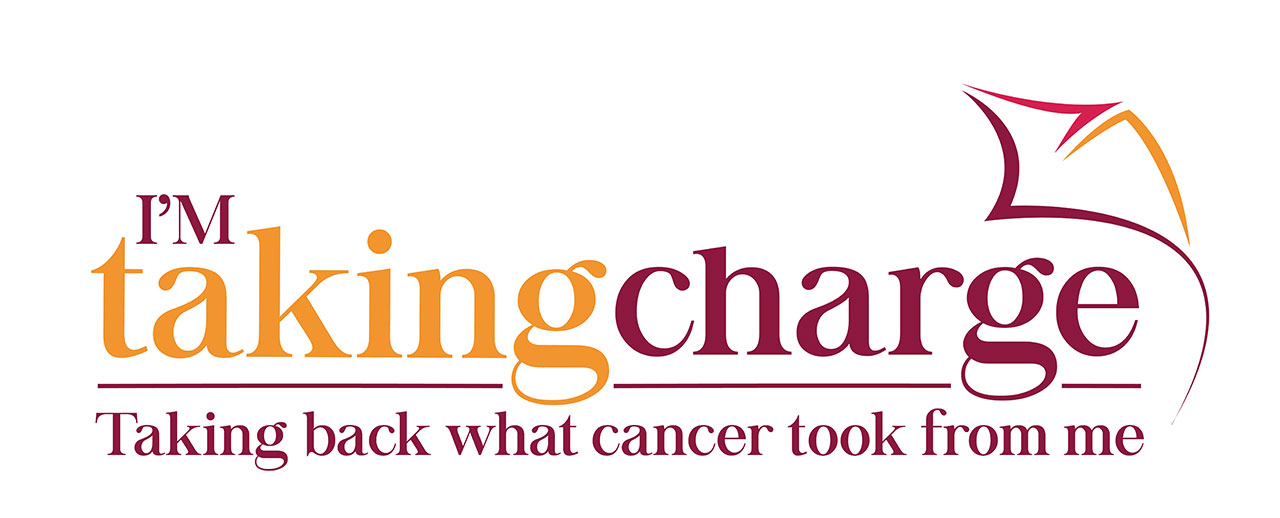

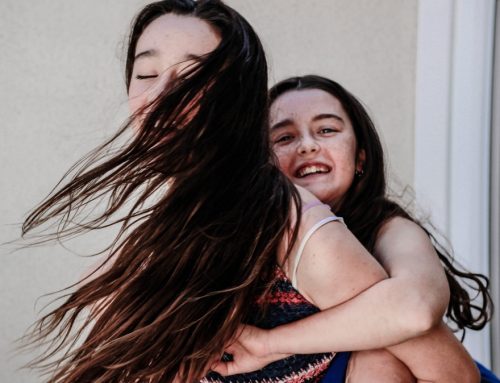
![Against the Grain: A Young Mom’s Mastectomy Without Reconstruction [Podcast Ep. 20]](https://imtakingcharge.com/wp-content/uploads/2018/06/Optimized-tim-marshall-57665-unsplash-500x383.jpg)
![One Previvor’s Informed Choice [Podcast Ep. 18]](https://imtakingcharge.com/wp-content/uploads/2018/04/TaTa-6-500x383.jpg)
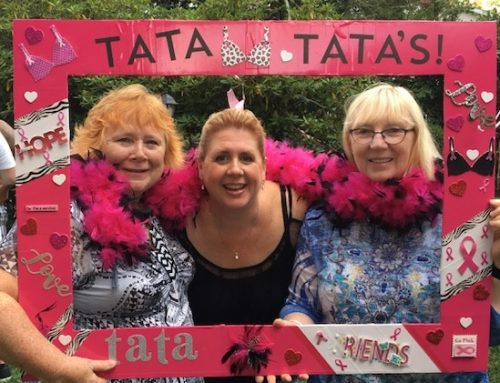
![The So-Called “Breast Cancer Gene” [Podcast Ep. 3]](https://imtakingcharge.com/wp-content/uploads/2018/03/Optimized-chuttersnap-233105-unsplash-500x383.jpg)
Leave A Comment